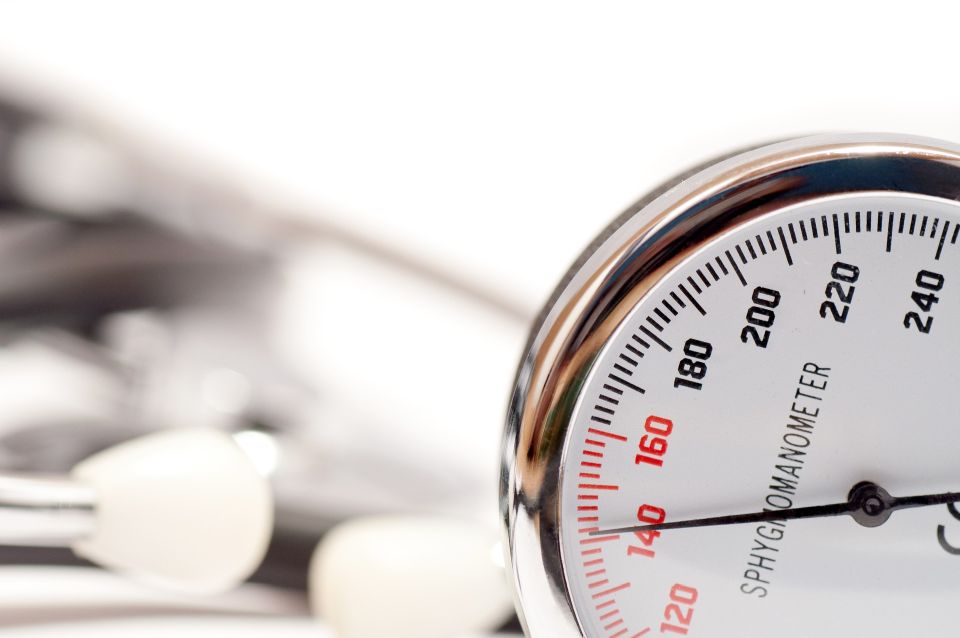Heart Disease is one of the biggest silent killers globally.
Having high blood pressure puts stress on the heart and causes premature death from heart attack and stroke.
High blood pressure is an issue if the systolic blood pressure (when your heart pumps) is over 140 and the diastolic blood pressure (when your heart relaxes) is over 90.
SYMPTOMS OF HIGH BLOOD PRESSURE
The symptoms of high blood pressure are:
– SEVERE HEADACHES
– FATIGUE OR CONFUSION
– VISION PROBLEMS
– CHEST PAIN
– DIFFICULTY BREATHING
– IRREGULAR HEARTBEAT
– BLOOD IN THE URINE
– POUNDING IN THE CHEST, NECK, OR EARS.
PRIMARY CAUSES OF HIGH BLOOD PRESSURE
The primary causes of high blood pressure are:
- OBESITY – being overweight is directly linked to high blood pressure
- DIET – Sodium, sugar and fat laden diets are tied into high blood pressure.
- SEDENTARY LIFESTYLE – Long term lack of exercise leads to weight gain and undue pressure on the heart.
- KIDNEY DISEASE – This is triggered when the adrenal glands (small pea shaped glands on top of the kidneys) secrete too much of the hormone cortisol, which elevates the “fight or flight response” and increases blood pressure.
- DIABETES – In people with elevated blood glucose (sugar) levels, high blood pressure is prevalent. High blood pressure can also be caused by taking certain medications to manage diabetes.
- SIDE EFFECT OF MEDICATIONS – According to Fitness Magazine, some of the most common medications which may increase blood pressure are “non-steroidal anti-inflammatory drugs, decongestants, and hormonal birth control.” These medications may cause high blood pressure by constricting blood vessels and/or causing water retention.
- STRESS – Excess stress has been linked to a wide variety of health conditions including high blood pressure and heart disease. Stress causes your adrenal glands to pump out blood pressure increasing hormones and on top of that your body’s natural “fight or flight” response causes your blood vessels to contract.
- NUTRIENT DEFICIENCIES – High blood pressure can also occur due to insufficient dietary intake of certain nutrients.
KEY NUTRIENTS TO HELP CONTROL BLOOD PRESSURE
Some of the key nutrients to control blood pressure are:
- Potassium, which helps balance the sodium in the cells.
- Vitamin D, which may affect an enzyme produced by your kidneys that affects blood pressure.
- An insufficient intake of calcium and magnesium, which can cause an increase in blood pressure.
With knowledge of what can cause high blood pressure, you have the ability to make changes that could lower your blood pressure and increase your longevity and quality of life.
Lifestyle and dietary changes can go a long way to improving your health. Eating a nutrient-rich diet that includes plenty of natural, plant-based foods is a great way to give your body the nutrition it needs to be more healthy.
Natural, whole food supplements that contain ingredients specifically designed to support normal blood pressure, such as magnesium citrate, potassium citrate and Vitamin D, may be helpful.

